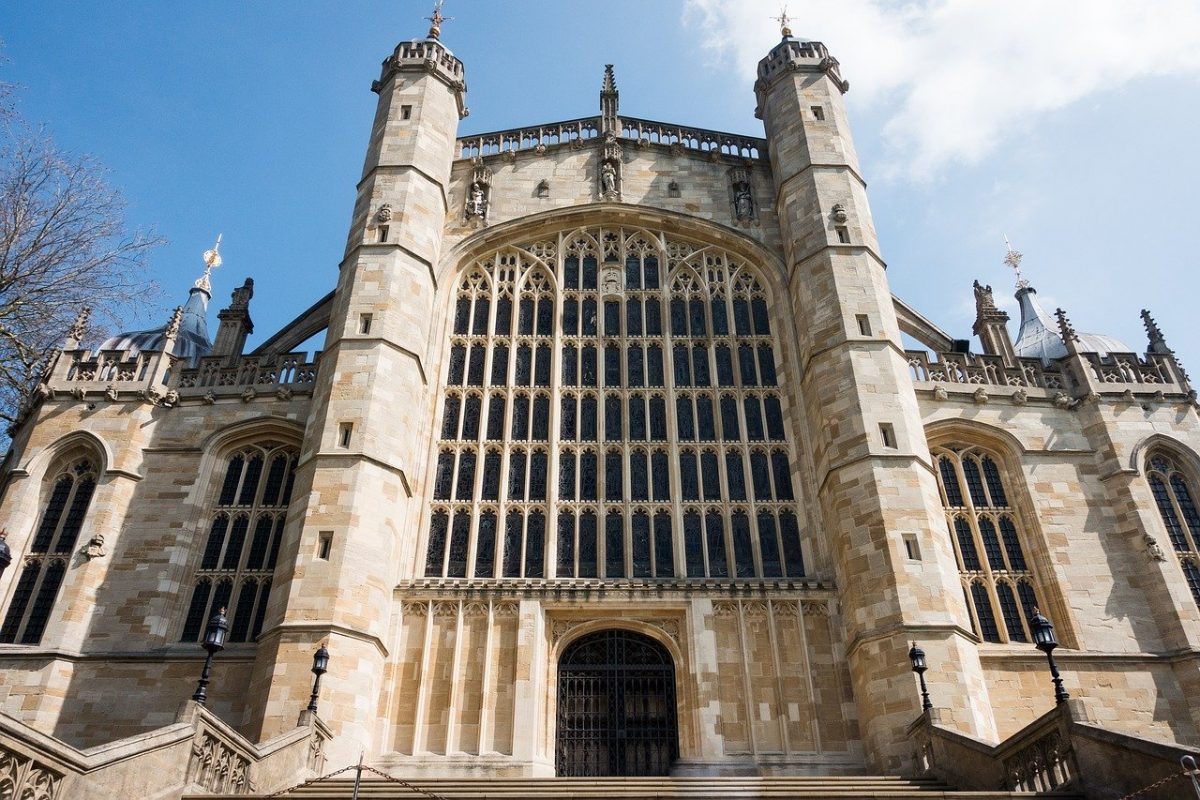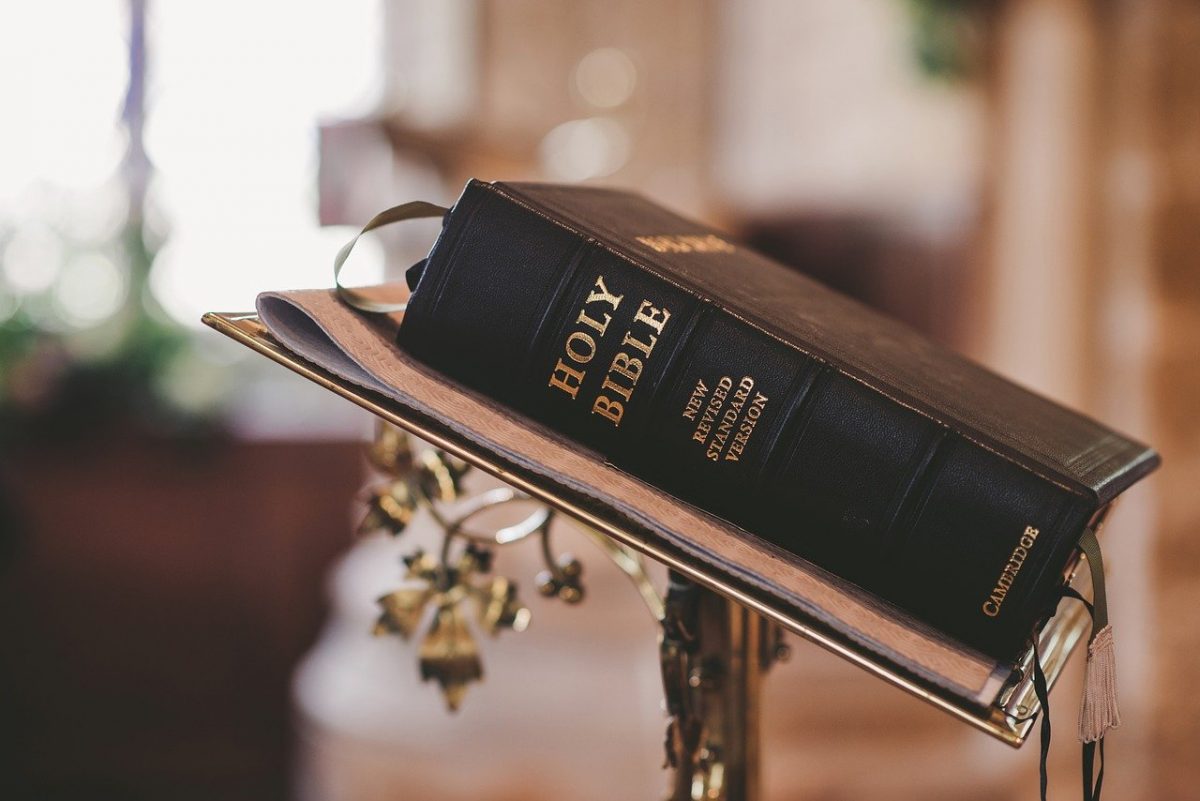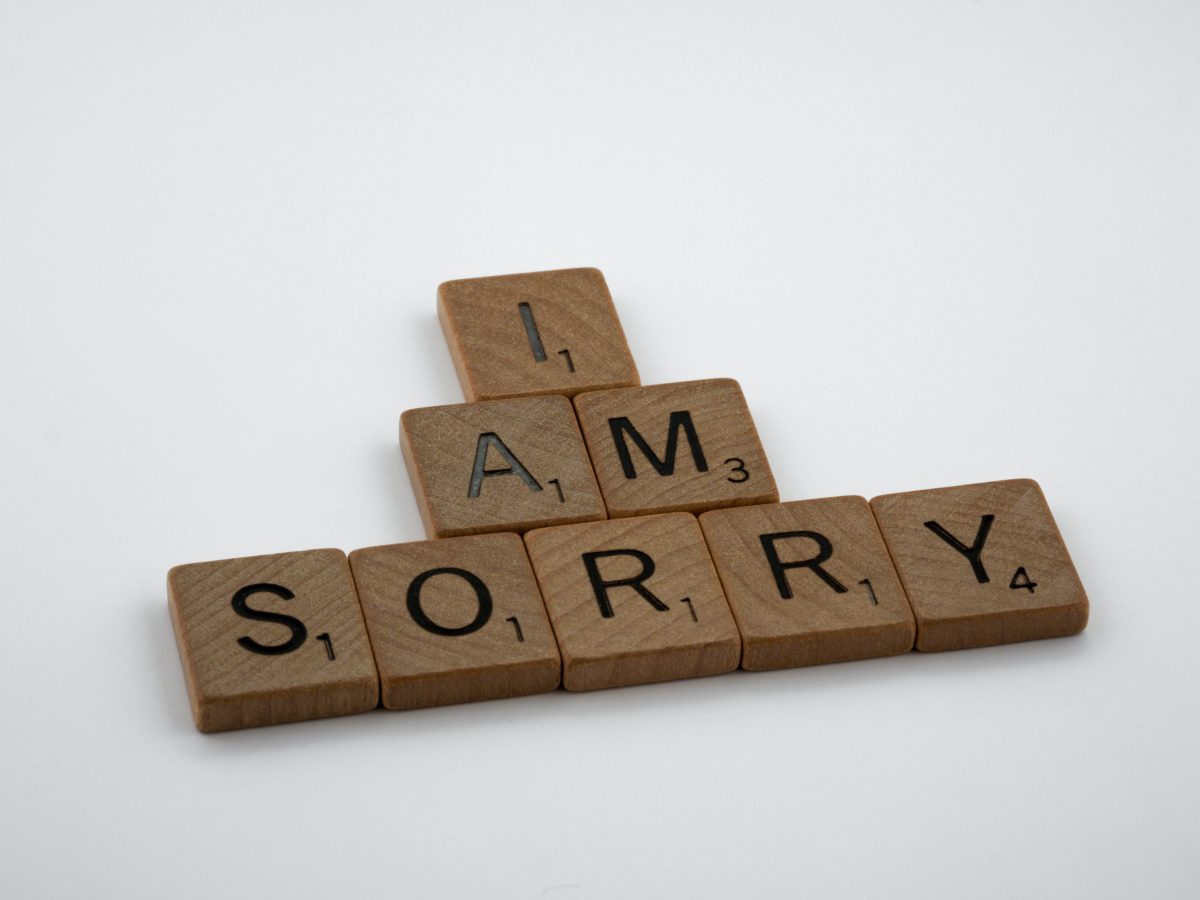The Bible has a ton of sage advice on managing money.
15% of Jesus’ teaching is about money. He said more about how we are to view and handle wealth and possessions than any other subject. Two thousand three hundred fifty verses in the Bible speak about money – twice as many as devoted to prayer and faith combined.
God is not against his people having money and possessions ~ as long as they don’t have us! The Bible teaches how to be good stewards of our finance. In this blog, I’ll touch on two things: Saving and investing.
Investing
Proverbs 31:16, 18, “She considers a field and buys it…She sees that her trading is profitable.” The book of Proverbs personifies wisdom as female, and so the “she” here is not a woman or a “good wife” but rather a wise person. The wise person has an eye for a good investment. Jesus approved of wise investments too (Matthew 25:14-29)
Six Rules for Investing
Diversify your investments. As the adage goes, “don’t put all your eggs in one basket.” I’ve spoken with so many people who’ve been sold a deal that was “too good to be true.” And it was. People have lost hundreds of thousands of dollars or more because they invested everything in one venture.
Plan carefully and be patient. “The plans of the diligent lead to profit as surely as haste leads to poverty” (Proverbs 21:5). Being impatient will lead to more than the loss of money. You can also lose sleep, health, peace, family, and even life itself. Consider Proverbs 13:11, “Dishonest money dwindles away, but he who gathers money little by little makes it grow.” That’s right, “From little things, big things grow!”
Make sure your investment doesn’t support something unethical or ungodly. Again, this takes time, but none of us wants to support slavery, forced labour, or religious or political persecution. Also, consider your investments’ impact on the environment and use of sustainable energy. Avoid companies involved with stigmatized activities, such as gambling, alcohol, smoking, or firearms. An excellent book to read on this is “Putting your money where your morals are” by Scott Fehrenbacher.
The higher the potential return, the higher the risk. If someone is offering a sure-bet 30% on your investment, they’re trying to pull the wool over your eyes. I’ve known people who have invested thousands of dollars with the “guarantee” of huge returns. Sadly, they lost everything. Wisdom would have saved them the heartache. Paul wrote these words to Pastor Timothy as he led the Ephesian church: “Those who want to get rich fall into temptation and a trap and into many foolish and harmful desires that plunge people into ruin and destruction. For the love of money is a root of all kinds of evil. Some people, eager for money, have wandered from the faith and pierced [lit. Crucified] themselves with many griefs” (1 Timothy 6:9-10). Never risk money you can’t afford to lose.
Seek sound financial advice. “The way of a fool seems right to him, but a wise man listens to advice.” (Proverbs 12:15; 19:20). And make sure that God is one of your advisors (James 1:5)
Be in unity with your partner. If you’re married or in a partnered relationship, being in harmony together is vitally important. Talk things through and pray together so that you agree with stepping out in any investment. Christie and I have practised unity throughout our married life in all the decisions we have made and reaped the benefits in our family. Read and meditate on Psalm 133.
Saving
To be effective in saving, you need to embrace the principle of tithing. That is, the first tenth belongs to The Lord. In fact, in the Tanakh (Old Testament), the people of Israel practised three tithes that became the foundation of a healthy society.
The first, The Lord’s tithe, went to the Temple (your local church under the New Covenant)
The second tithe (Family tithe) was the next 10% (10% of the 90%) was saved for the future support of the family (Future fund).
The third tithe (Poor Tithe) was every third family tithe and was given to the poor.
Put this tithing schedule into practice, and you look after Jesus, others, and yourself ~ J.O.Y.
Many observant Jews today still donate a tenth of their annual income to charity. In light of this, it’s interesting to note that 4% of the U.S.A. is Jewish, but they own 40% of the wealth!
John Wesley once wrote, “Make as much as you can, save as much as you can, give as much as you can.” The wisdom of Proverbs puts it this way, “In the house of the wise are stores of choice food and oil, but a foolish man devours all he has” (21:20).
For more wisdom on managing money, check out my teaching series, “God and Money.”













